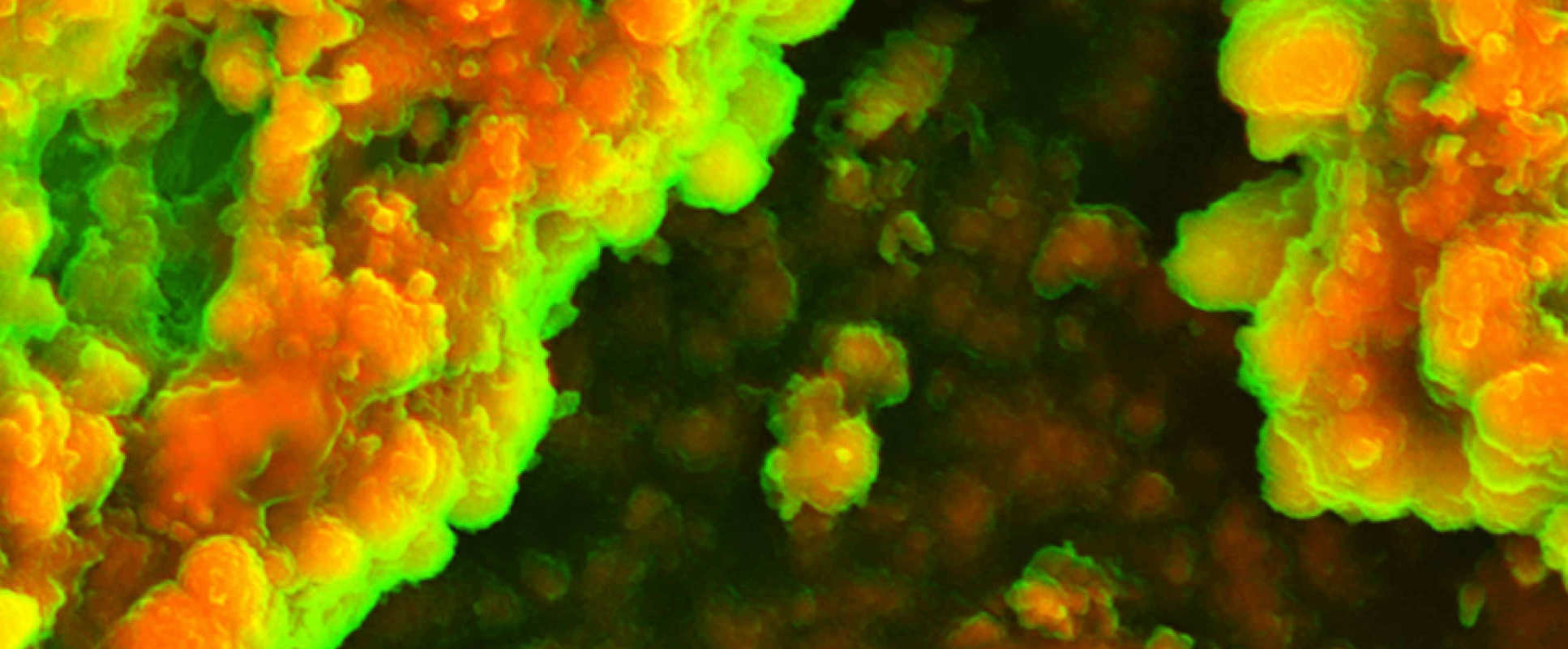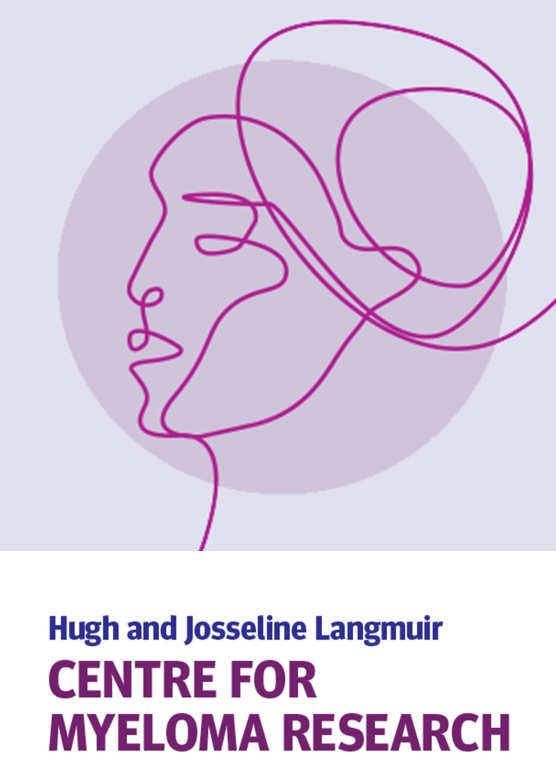BibTex format
@article{Parzych:2019:10.1038/s41388-018-0651-z,
author = {Parzych, K and Saavedra, Garcia P and Valbuena, G and Alsadah, HAH and Robinson, M and Penfold, L and Kuzeva, D and Ruiz, Tellez A and Loaiza, S and Holzmann, V and Caputo, V and Johnson, DC and Kaiser, MF and Karadimitris, A and Lam, E and Chevet, E and Feldhahn, N and Keun, H and Auner, H},
doi = {10.1038/s41388-018-0651-z},
journal = {Oncogene},
pages = {3216--3231},
title = {The coordinated action of VCP/p97 and GCN2 regulates cancer cell metabolism and proteostasis during nutrient limitation},
url = {http://dx.doi.org/10.1038/s41388-018-0651-z},
volume = {38},
year = {2019}
}
RIS format (EndNote, RefMan)
TY - JOUR
AB - VCP/p97 regulates numerous cellular functions by mediating protein degradation through its segregase activity. Its key role in governing protein homoeostasis has made VCP/p97 an appealing anticancer drug target. Here, we provide evidence that VCP/p97 acts as a regulator of cellular metabolism. We found that VCP/p97 was tied to multiple metabolic processes on the gene expression level in a diverse range of cancer cell lines and in patient-derived multiple myeloma cells. Cellular VCP/p97 dependency to maintain proteostasis was increased under conditions of glucose and glutamine limitation in a range of cancer cell lines from different tissues. Moreover, glutamine depletion led to increased VCP/p97 expression, whereas VCP/p97 inhibition perturbed metabolic processes and intracellular amino acid turnover. GCN2, an amino acid-sensing kinase, attenuated stress signalling and cell death triggered by VCP/p97 inhibition and nutrient shortages and modulated ERK activation, autophagy, and glycolytic metabolite turnover. Together, our data point to an interconnected role of VCP/p97 and GCN2 in maintaining cancer cell metabolic and protein homoeostasis.
AU - Parzych,K
AU - Saavedra,Garcia P
AU - Valbuena,G
AU - Alsadah,HAH
AU - Robinson,M
AU - Penfold,L
AU - Kuzeva,D
AU - Ruiz,Tellez A
AU - Loaiza,S
AU - Holzmann,V
AU - Caputo,V
AU - Johnson,DC
AU - Kaiser,MF
AU - Karadimitris,A
AU - Lam,E
AU - Chevet,E
AU - Feldhahn,N
AU - Keun,H
AU - Auner,H
DO - 10.1038/s41388-018-0651-z
EP - 3231
PY - 2019///
SN - 0950-9232
SP - 3216
TI - The coordinated action of VCP/p97 and GCN2 regulates cancer cell metabolism and proteostasis during nutrient limitation
T2 - Oncogene
UR - http://dx.doi.org/10.1038/s41388-018-0651-z
UR - http://hdl.handle.net/10044/1/66733
VL - 38
ER -

